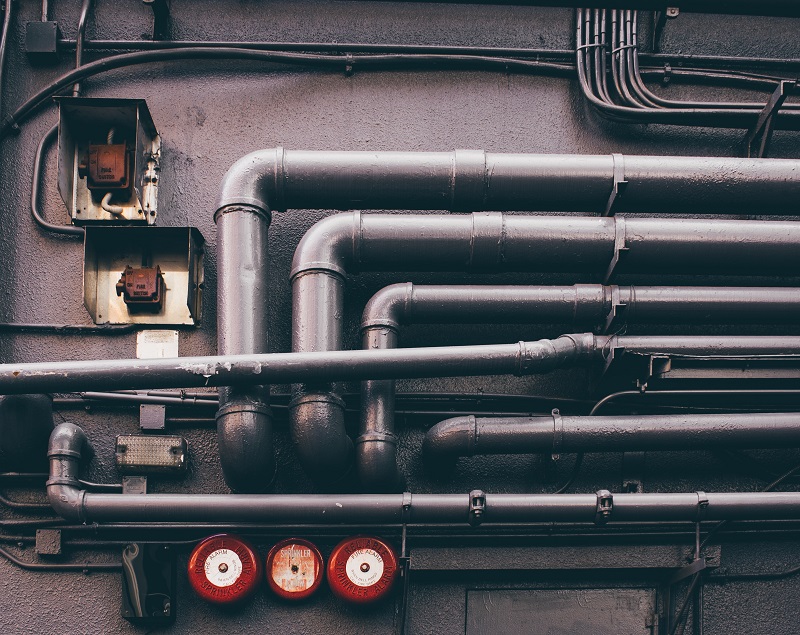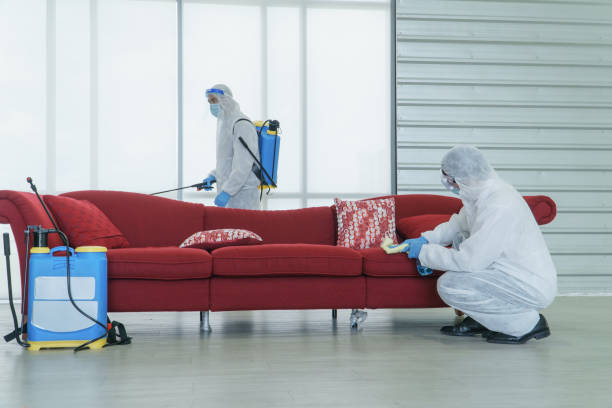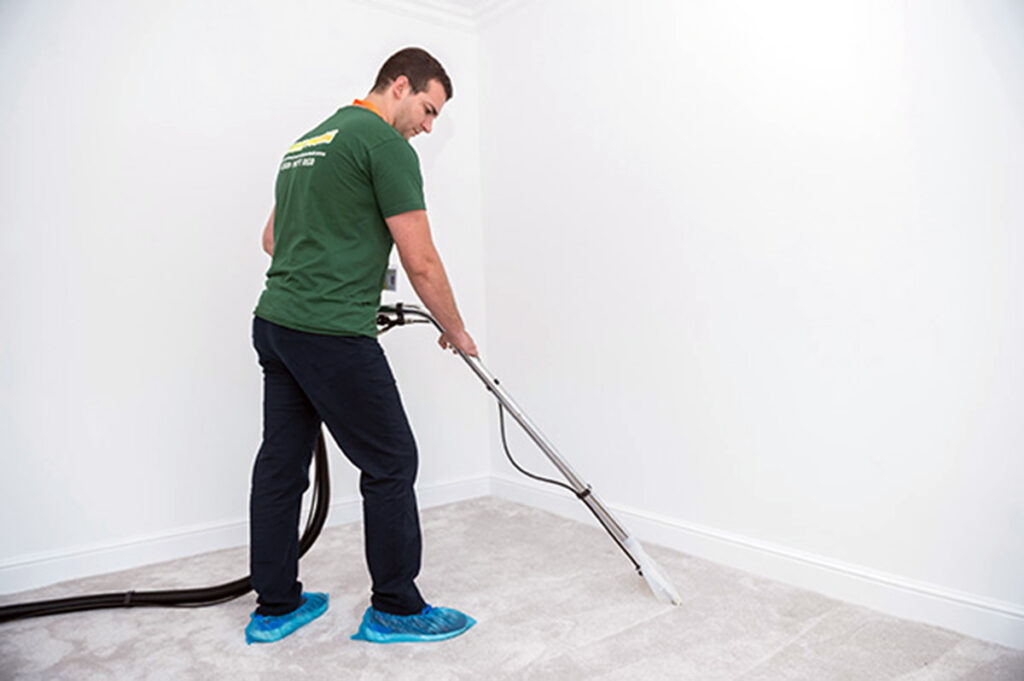While some HVAC issues are as simple as cleaning coils and filters, several of the ten most frequent heating and cooling system problems may grow into more significant difficulties if not addressed promptly. The majority of issues may be prevented by scheduling regular preventative maintenance calls. In addition, getting your system tested once a year is a good idea to avoid outages during severe weather.
Get Solutions to the Top 10 HVAC Issues
1) Inadequate Maintenance
Regular HVAC repair Durham NC by a registered service professional is required to keep your system in good operating order. Many of the most frequent furnace issues may be prevented by regularly having your furnace serviced by a professional service technician. You’ve probably spent thousands of dollars on your home heating system. Why not safeguard that investment? If you fail to do regular maintenance, you will most likely face unexpectedly expensive failures, higher energy costs, poor performance, and irritation.
2) Filters that are dirty
One of the essential things you can do to maintain the life and effectiveness of your furnace is to replace your filter regularly. If your filter is clogged, circulation will be restricted, requiring your unit to work significantly harder to circulate air around your home. This puts unneeded pressure on your furnace’s blower and causes comfort difficulties. A clogged filter can also cause the furnace to overheat and shut off on the high setting.
3) Pilot or Ignition Issues
A variety of factors can cause ignition issues. For example, a filthy pilot, flame sensor, or burner might result in a pilot outage, short cycling, furnace lockout, or delayed burner activation. It might also be due to a gas supply issue or wear and tear on an ignition component that has to be changed, such as the hot surface ignitor or thermocouple. In any case, because this involves dangerous materials such as natural gas and high voltage, it is advisable to have these problems handled by a skilled service specialist.
4) Thermostat Failures
There are several thermostats available, both programmable and non-programmable. When a homeowner feels their furnace is not working correctly, it is frequently due to a problem with the thermostat or how it is set. Referencing your owner’s handbook and reviewing the operating instructions may save you money on an expensive or unneeded service call. Batteries in programmable thermostats may need to be replaced regularly. If the problem persists, a service expert can promptly diagnose it.
5) Mechanical Deterioration
A variety of mechanical components support your heating system. The usual wear and tear of these components might have a detrimental influence on the functioning of your machine. Belts and bearings, for example, can cause overheating, inadequate heating, and ventilation problems. Regular maintenance should include inspecting for worn or strained belts and, if necessary, oiling bearings and motors.
6) Strange Furnace Noises
Some furnace noises are benign, while others may warn or indicate a technical issue. For example, a whining or screeching motor may mean that the bearings in an inducer or blower motor have failed. To avoid a furnace failure, the engine may need to be replaced. Otherwise, we may install a whole new furnace. Other sounds might be produced by poor airflow or unclean burners. It is essential not to disregard these symptoms because they might indicate a dangerous operating state or lead to a furnace failure.
7) Fused or tripped breakers
The blower overworking is the most typical cause of a furnace tripping a circuit breaker. If something obstructs your system’s airflow, your blower must work harder to compensate. A filthy air filter is the most likely reason. When the air filter is clogged, the blower must work harder to push air through the filter. This increases the energy consumption of the blower and might occasionally trip the circuit breaker. Before resetting your circuit breaker, check your filter and replace it with a clean one.
If the problem persists, it is recommended to consult an expert who can safely evaluate if it is due to a furnace malfunction or a faulty circuit breaker. For example, duct leaks, closed or blocked-off air registers and dirty coils can cause the blower to overwork.
8) Contaminated Condenser or Evaporator Coils
Most likely, your air conditioner’s regular maintenance has been overlooked, and it isn’t cooling as well as it might. Dirt and debris can block your system’s coils, reducing performance and prematurely wearing it out. After turning off the electricity to the condenser, wash out the outdoor ring. Power can be turned off at the condenser’s electrical disconnect or the electric panel. The interior evaporator coil might get clogged, especially if the furnace filters are not replaced regularly. A filthy evaporator coil can impair furnace and air conditioner performance and make your system work harder. Dirty coils will require the services of a qualified service specialist.
9) Continuous operation of the blower
A furnace blower may constantly run for a variety of reasons. Check the thermostat’s fan switch before contacting for assistance. The motor will operate continually when the thermostat is set to the fan on the setting. It is common for homeowners to turn on the fan mistakenly.
When there is a need for heat, a fan relay in the furnace turns on the blower; if the relay sticks, the blower will not shut off. On the stove, there are many sorts of safeguards and restrictions. If the circuit board is triggered, the furnace may start to cool it down. The blower will not shut off if the limit or safety is not reset. A skilled service technician can assess the situation and provide repair solutions.
10) Water Spills
Both air conditioners and high-efficiency furnaces produce condensate. Drain pipes are used to guarantee that water drains properly. The stove might leak water if the drain pipes are blocked or fractured. A homeowner may assist maintain drain lines clean by pouring bleach down the drain regularly. Other potential leak locations are the collector box, heat exchanger, and evaporator drain pan. Contact a service specialist to establish the cause of the water leak and repair alternatives.
For additional information on any of these frequent issues, go here.
FAQ
What exactly is HVAC maintenance?
HVAC maintenance keeps the heater or air conditioner in good working order by checking, cleaning, testing, and even repairing and replacing system components. Investing in HVAC system maintenance may resolve concerns before they become significant difficulties.
What exactly is HVAC failure?
When your HVAC system fails, you may have too little air conditioning or heating, resulting in higher energy expenditures and lower energy efficiency.
What is the cause of the HVAC not heating?
A filthy flame sensor and a dirty air filter are the most common reasons your home’s central heating isn’t working. Replace the air filter every 1-2 months and clean the flame sensor with a steel wool pad. This will help prevent future problems.
Is it worthwhile to replace the HVAC system?
You want an HVAC system that is more than 80% efficient. If your model is inefficient, a new one will reduce your monthly expenditures. Homeowners may save up to 20% on their power expenses by installing a new HVAC unit. In addition, this home repair will significantly increase the market value of your property.
What constitutes a severe HVAC repair?
Removal of the appliance compressor, condenser, evaporator, or auxiliary heat exchanger coil for maintenance, servicing, or repair.




